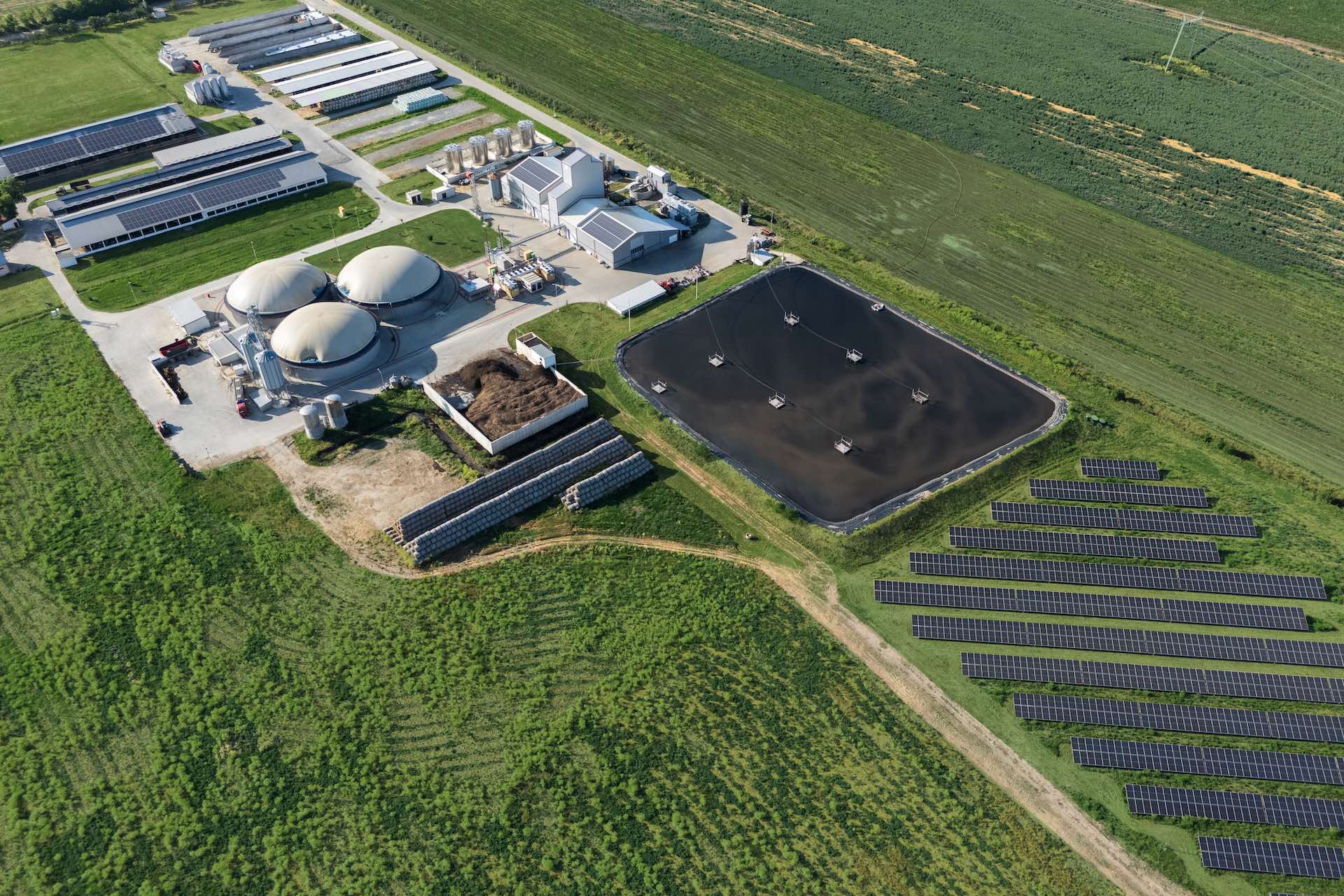AD industry urges government to recognise biomethane as net-zero fuel
Trade association backed by 95 industry signatories warns policy uncertainty is delaying delivery of £8 billion investment across the UK
 The Anaerobic Digestion and Bioresources Association (ADBA) has written to Ed Miliband, the Energy Security and Net Zero Secretary, calling for urgent recognition of biomethane as a net-zero fuel within the UK Emissions Trading Scheme (UK ETS).
The Anaerobic Digestion and Bioresources Association (ADBA) has written to Ed Miliband, the Energy Security and Net Zero Secretary, calling for urgent recognition of biomethane as a net-zero fuel within the UK Emissions Trading Scheme (UK ETS).
The letter, co-signed by over 95 industry representatives and backed by the union GMB, warns that failure to act risks jeopardising £8 billion of private sector investment. ADBA estimates this figure is the capital currently available for planned projects and expansions, which could be deployed with ‘the right policy signals’.
Currently, biomethane receives a zero emissions factor when directly combusted at installations covered by the UK ETS. However, when biomethane goes through the grid, there is no mechanism to account for it separately to fossil gas. Industrial users still get charged emissions allowances, which does not provide a financial incentive to buy biomethane instead of fossil gas.
"The UK biogas industry is being unfairly penalised under the current rules of the Emissions Trading Scheme," said Chris Huhne, ADBA Chair and former Secretary of State for Energy and Climate Change.
"Biomethane – an often carbon negative technology – is treated the same as climate-wrecking fossil gas. It makes no sense, and it's holding back investment in the infrastructure we need to reach net zero."
The letter specifically calls for the government to "confirm that biomethane injected into the UK's gas grid will be eligible under the UK ETS as a net zero fuel in the same way as sustainable aviation fuel".
ADBA are also calling for the government to create a tracking and certification system so biomethane injected into the gas grid can be properly accounted for.
Industry facing plant closures
The letter to Ed Miliband argues that “current policy uncertainty is holding back investment and delaying sector-wide growth”.
The UK has 730 operational AD plants which currently process approximately 36 million tonnes of organic waste annually. However, hundreds of small green gas plants are currently at risk of closure by 2031 as old support schemes end. This would potentially remove 2TWh of clean electricity from the grid, enough to power approximately 500,000 homes.
Andy Prendergast, National Secretary of the GMB, highlighted the employment implications: "The gas network not only heats and powers millions of homes and businesses, it also supports hundreds of thousands of well-paid jobs. Recognising green gases like biomethane as net zero fuels under the UK ETS not only gives us a path towards net zero, it also provides a way to protect those livelihoods whilst building a viable export industry."
The letter's signatories include each of Great Britain's and Northern Ireland's gas distribution networks. ADBA estimates that the UK could generate 5.7 billion cubic metres of biomethane annually by 2030, enough to heat 4.5 million homes.
Additionally, recent analysis by Business Modelling Applications suggests biomethane could save £298 billion in UK net-zero spending by 2050, representing a 7.5 per cent reduction in project costs.
The government has acknowledged biomethane's role in delivering net zero and stated it is working with the ETS Authority to consider whether the scheme could account for biomethane injected into the gas grid.
ADBA warns: “Developers and investors urgently need clarity and confirmation that the full net zero value of biomethane will be recognised. Further delays threaten to stall a sector that is ready to scale and deliver."







